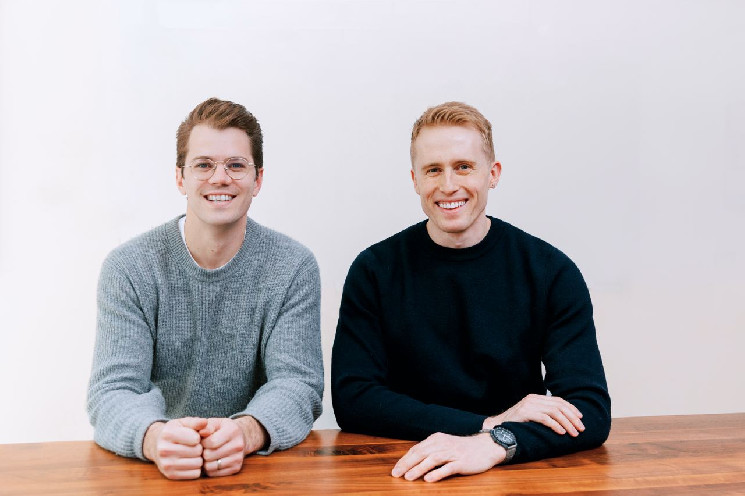[ad_1]
Turnkey, a company that builds wallet infrastructure for blockchain developers, has raised $15 in a Series A funding round led by Lightspeed Faction and Galaxy Ventures.
Co-founded by a pair of former Coinbase employees who helped build the U.S. crypto exchange’s custody service, Turnkey aims to help application developers build user-friendly blockchain wallets.
The funding round, officially announced on Tuesday, included participation from Sequoia, Coinbase Ventures, Alchemy, Figment Capital, and Mirana Ventures. It closed last October and follows a $7.5 million seed round from 2022.
“Turnkey is at its simplest level, secure, flexible and scalable wallet infrastructure,” CEO Bryce Ferguson said in an interview. “It’s this very low-level set of tools that developers can use for anything that is a wallet or touches a cryptographic transaction.”
Ferguson said he and his co-founder were motivated by their joint realization, at Coinbase, that most crypto custodians were treating cryptocurrency as “a buy-and-hold investment,” meaning crypto was “something you locked up and didn’t really do anything with.” The goal with Turnkey was to create a set of tools that would grant custodians the ability to securely offer end-users more flexibility over how they use their assets.
The Turnkey product suite was released to the public in August. “There’s a whole host of things that people can use us for whenever you require a wallet and are signing transactions – whether it’s for end-users or for a business,” said Ferguson.
A major customer is Alchemy, the blockchain development platform used by many of the top crypto applications, a division of the Ethereum developer Consensys. Ferguson says Alchemy uses Turnkey to power its “wallet-as-a-service” offering, relying on the toolkit to serve “as a [transaction] signer behind the scenes.”
Other clients include enterprise-focused wallets like Mural, which Ferguson described as “a payments product that is creating a user-friendly way to do invoicing and global payments.” Turnkey also serves financial firms, with “trading terminals using us for embedded wallets,” said Ferguson.
On the individual user end, “We even see folks using us for kind of just broad signing of transactions,” said Ferguson.
“We built all of the wallet infrastructure from the ground up,” said Ferguson, “This isn’t something that’s layered onto a wallet like MetaMask. This is something that is allowing you to generate the cryptographic key pair – that’s what is behind the wallet – and then has a lot of tooling around how that cryptographic key pair is accessed.”
[ad_2]

